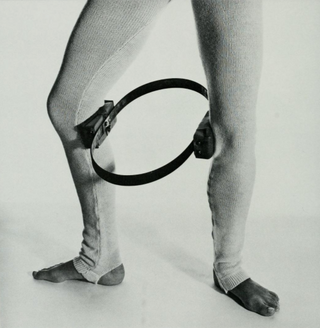
By: @ericabassotherapy
Do you struggle with procrastination? Procrastination is linked to worse physical and mental health and increased stress. Procrastination can take on various forms, from avoiding everyday errands, to delaying working towards more purposeful goals, and to potentially more serious implications like not attending routine health check-ups or doing your taxes. In my therapy room, I often hear individuals shame themselves for their behaviors, seeing them as a personal failure. As a psychotherapist, I don’t buy into the common “‘I was being lazy” excuse for procrastination - there’s almost always an underlying root-cause to this pattern.
It’s been shown in many studies that procrastination is correlated with perfectionism and anxiety. In my therapy practice, I work primarily with high-achieving women who struggle with both perfectionism and anxiety. These struggles often create situations ripe for procrastination. Either anxiety overwhelms you so you can’t stay organized or find ways to get started, or perfectionism tricks you into thinking it’s pointless to begin unless you know for certain you can succeed and avoid failure. There’s a name for this cycle: the perfectionism-procrastination loop. Individuals describe it as being in a state of either overwhelm or exhaustion, which often causes them to feel paralyzed. When they acknowledge their patterns of behavior in this reinforcing cycle, it often elicits feelings of shame…and the cycle continues. As frustrating as this may sound, there are tools you can use to help break this tricky cycle.
I see procrastination as a symptom of perfectionism. If you identify as a perfectionist you are concerned with successful outcomes for everything you do and place immense pressure on yourself to meet extremely, often unattainably high standards. There’s also an extreme fear of failure which causes one to delay starting something new until they know they will not fail. Perfectionism can be understood as a self defense mechanism from criticism or ridicule (often coming from oneself) and functions to preserve one’s self worth. When an individual inevitably does not succeed in meeting their impossibly high standards, they experience many negative emotions including a lowered sense of self worth. Procrastinating functions as a safer option compared to the harmful ways we treat ourselves when things go imperfectly. If the bar is unattainably high and determines their self worth, then it makes sense one would delay getting started.
As we can see, procrastination isn’t as simple as being “lazy”. Procrastination may bring some short-term relief in the moment, but overall it actually serves to increase stress and time pressure when getting started and can result in underperformance. Not being able to break out of this cycle and the harmful thinking patterns that go along with it usually results in reinforcing discouragement, lowered self esteem, and mental exhaustion. I work with my clients from a strengths-based approach to recognize their value, feel empowered and challenge their negative thinking styles that contribute to this cycle.
The following ways will help you break out of this cycle.
Challenge Unhelpful Thinking and Beliefs
Perfectionists often struggle with all-or-nothing (black or white) thinking, which can sound like “I should always be productive” or “I can’t start this project until I have more knowledge or more time”. With all-or-nothing thinking, only two extreme options exist: do it perfectly or fail. It makes sense we would feel overwhelmed with these options. It’s helpful to experiment with getting started imperfectly and remind yourself that this is more ideal than procrastinating, which only increases stress long-term.
Embrace the Process
Learning to view imperfections or mistakes as opportunities to learn and grow can help challenge the fear of failure and what it means about you as a human being. We tend to associate failure with not being good enough. When we can drop the need to prove our worth to others through our productivity or achievements, we can begin to enjoy the process rather than focusing solely on the (perfect) outcome or success.
Set Yourself Up For Success with Realistic Goals
This may be experimenting with intentionally doing less than you’re comfortable with so you can begin trusting that you can still be productive, you’re inherently worthy, and nothing catastrophic made up in your mind will actually happen. Over time, you can begin to derive your self worth from other things and see how consequential this cycle has been over your life and health.
Erica Basso is a Licensed Marriage & Family Therapist practicing statewide in California. She helps guide women in overcoming anxiety, perfectionism, and imposter syndrome. Learn more at: www.ericabassotherapy.com
References:
https://psycnet.apa.org/record/1992-05424-001
https://psycnet.apa.org/doiLanding?doi=10.1037%2F0022-3514.71.6.1130
https://www.frontiersin.org/articles/10.3389/fpsyt.2021.736776/full
https://link.springer.com/article/10.1023/A:1026474715384















